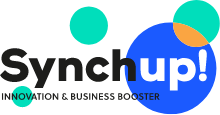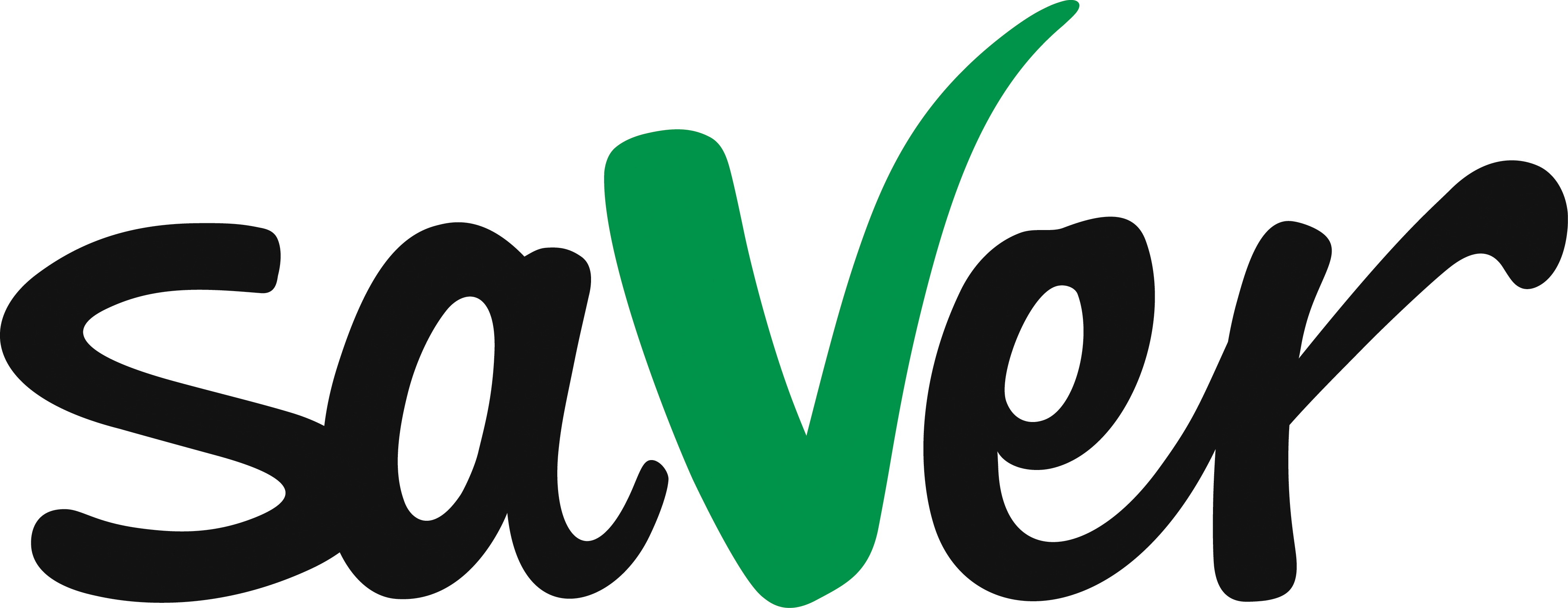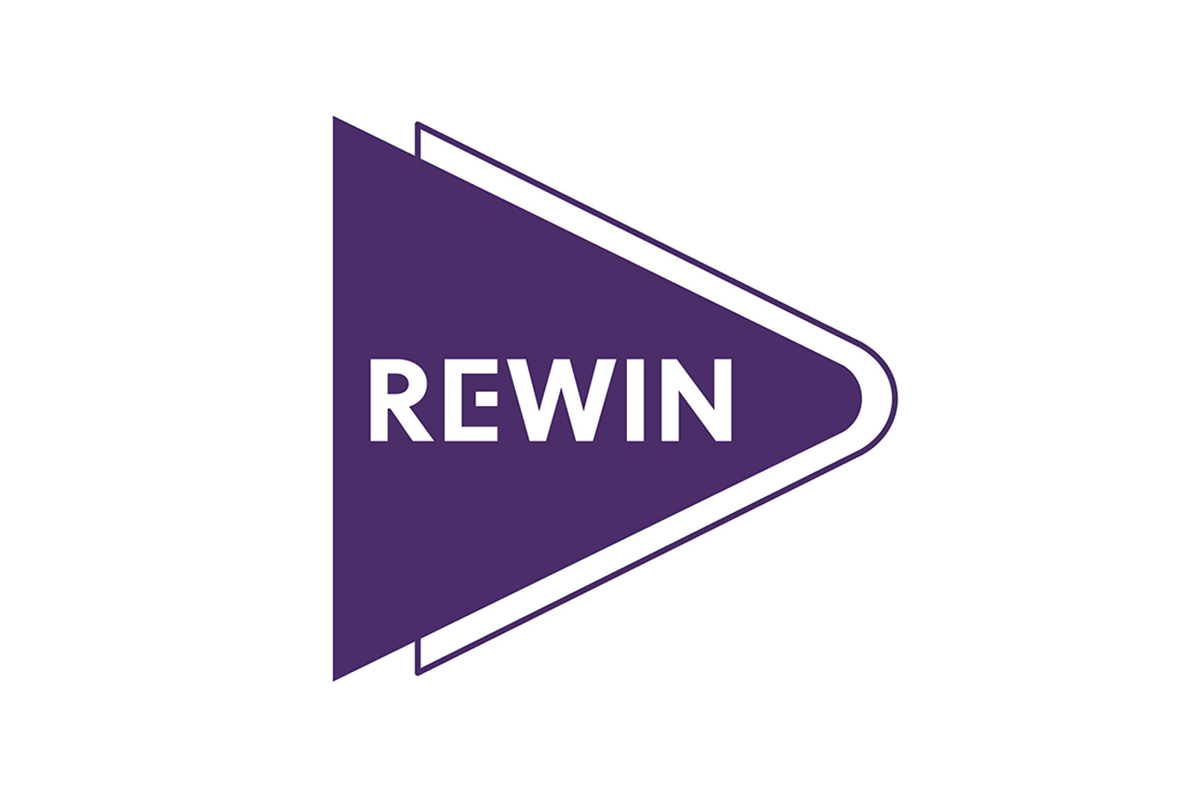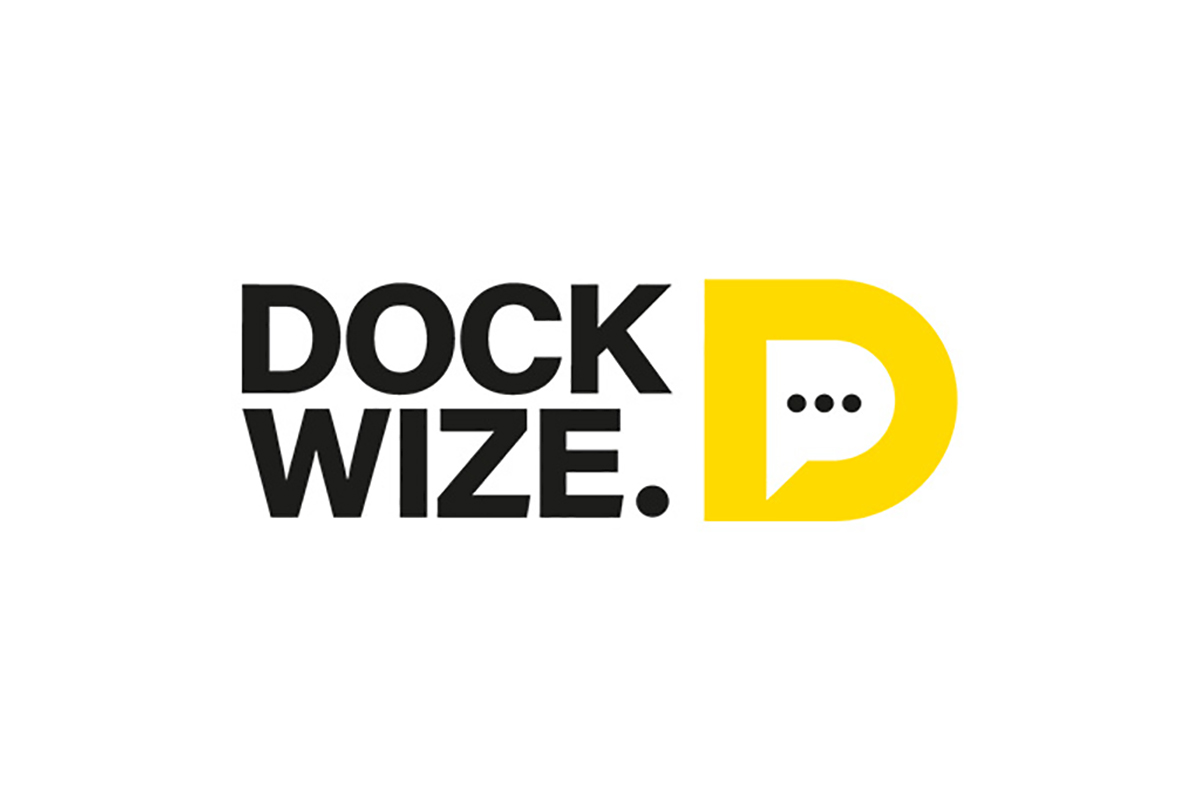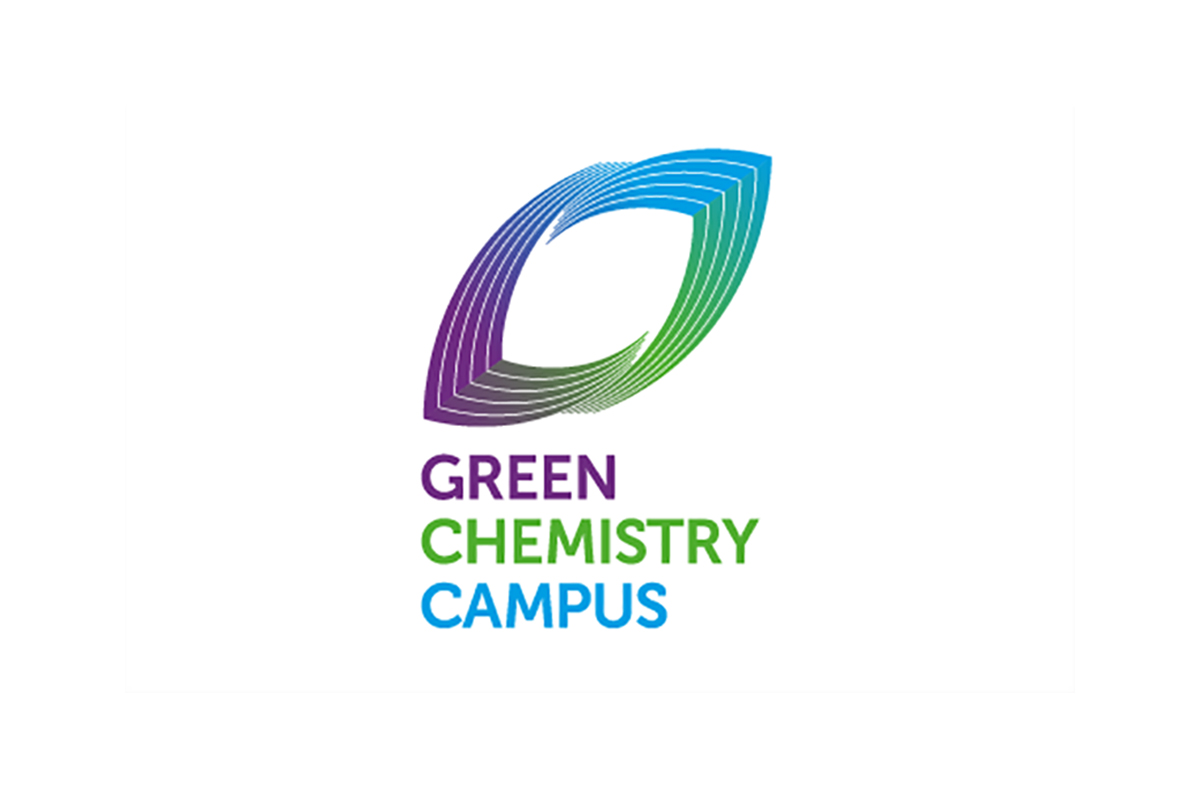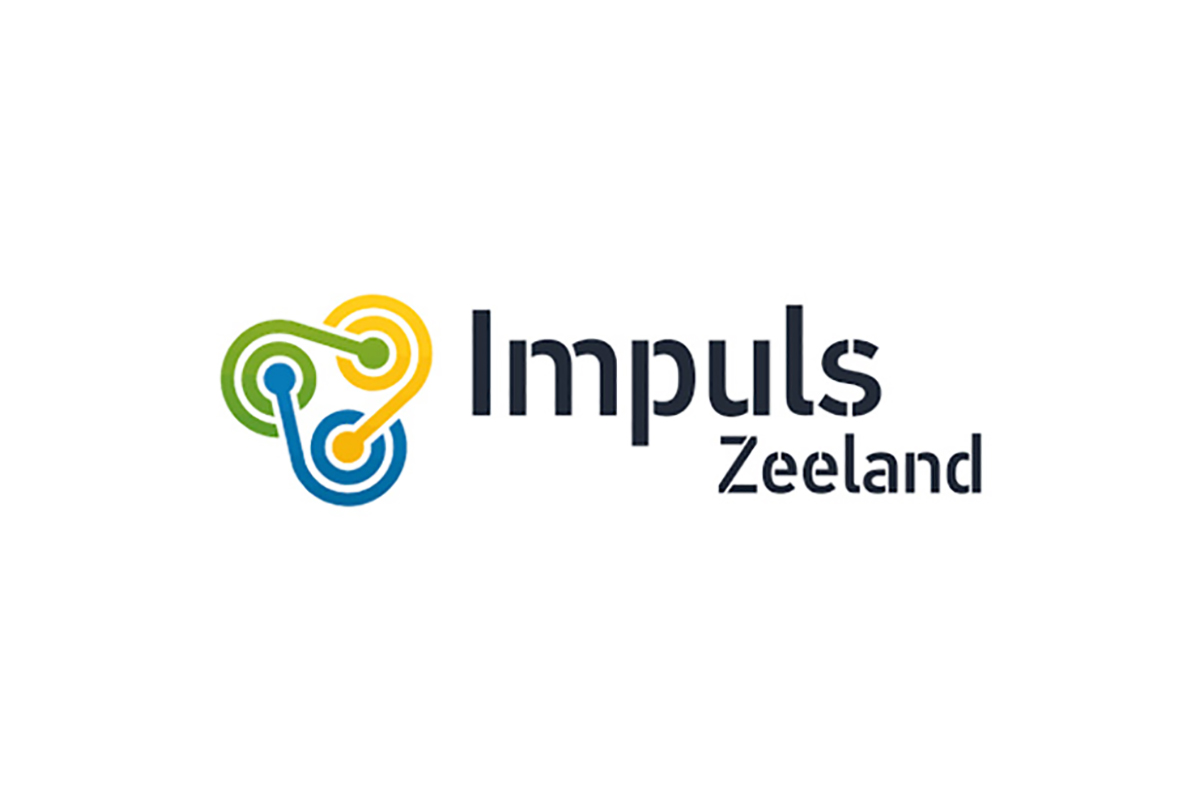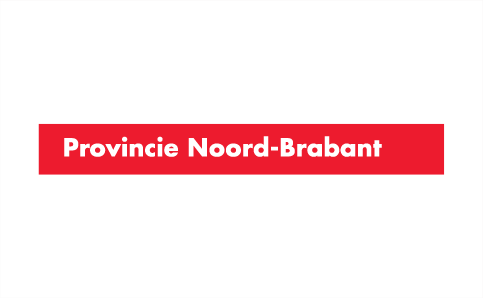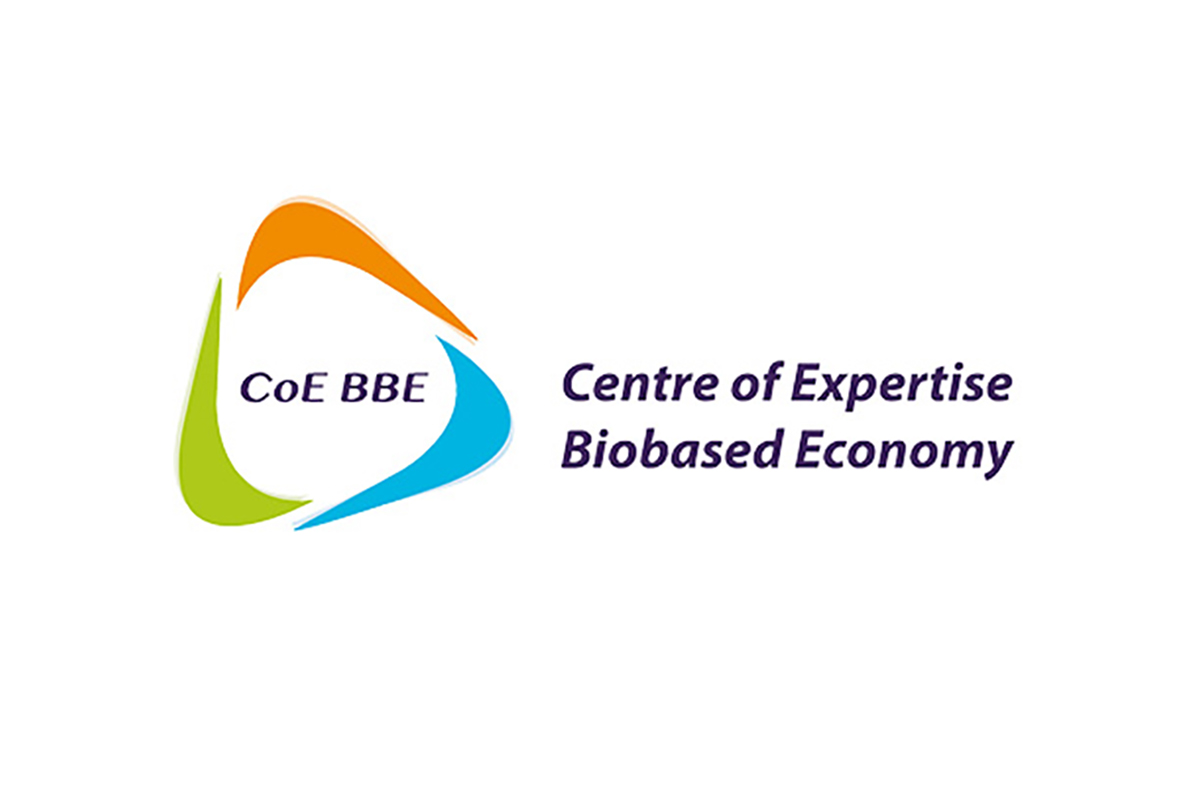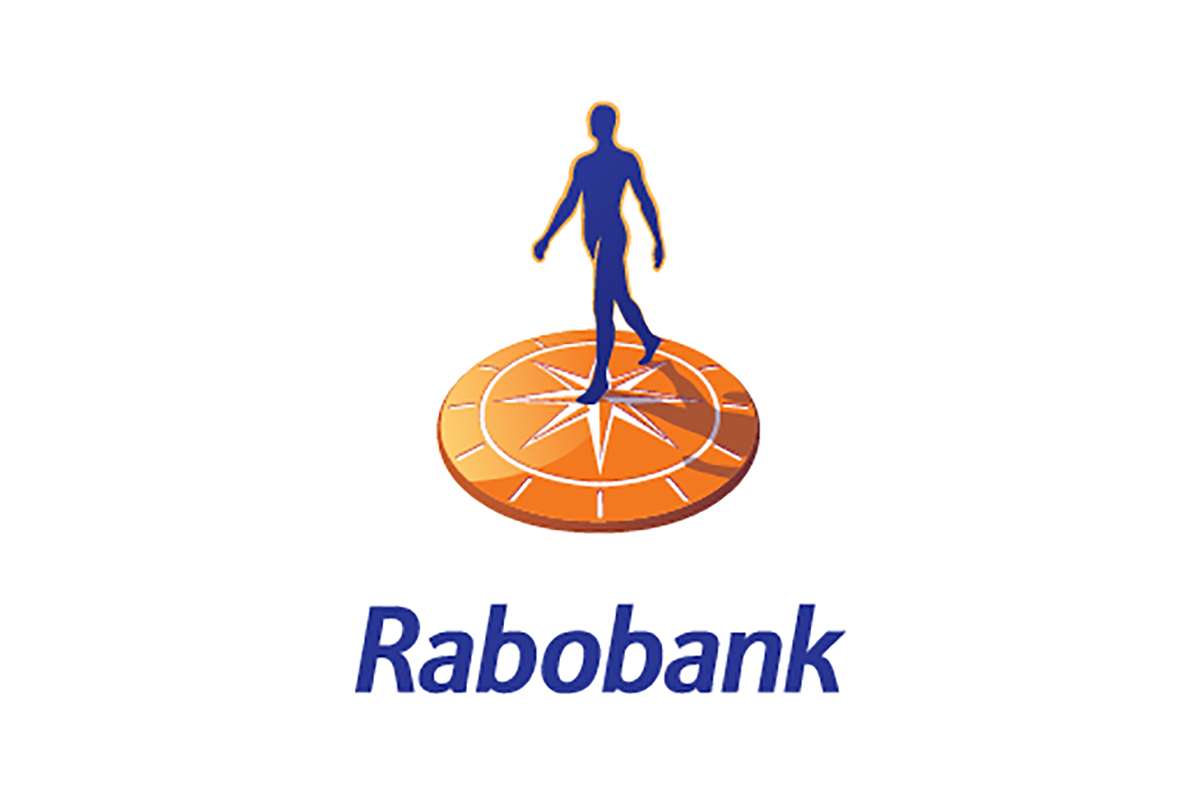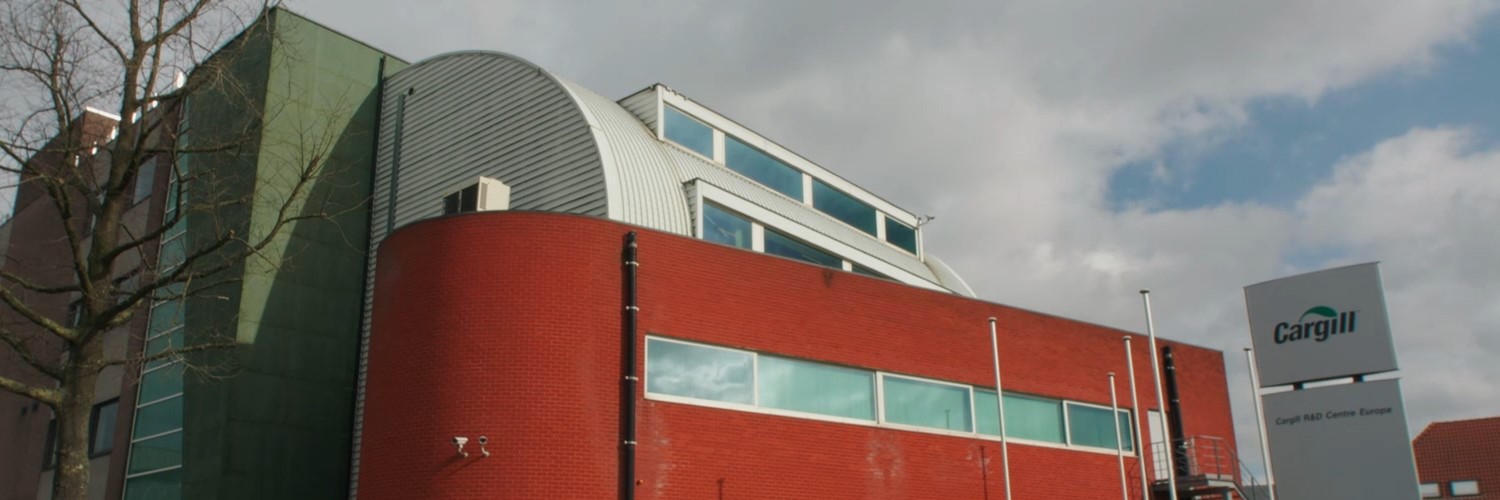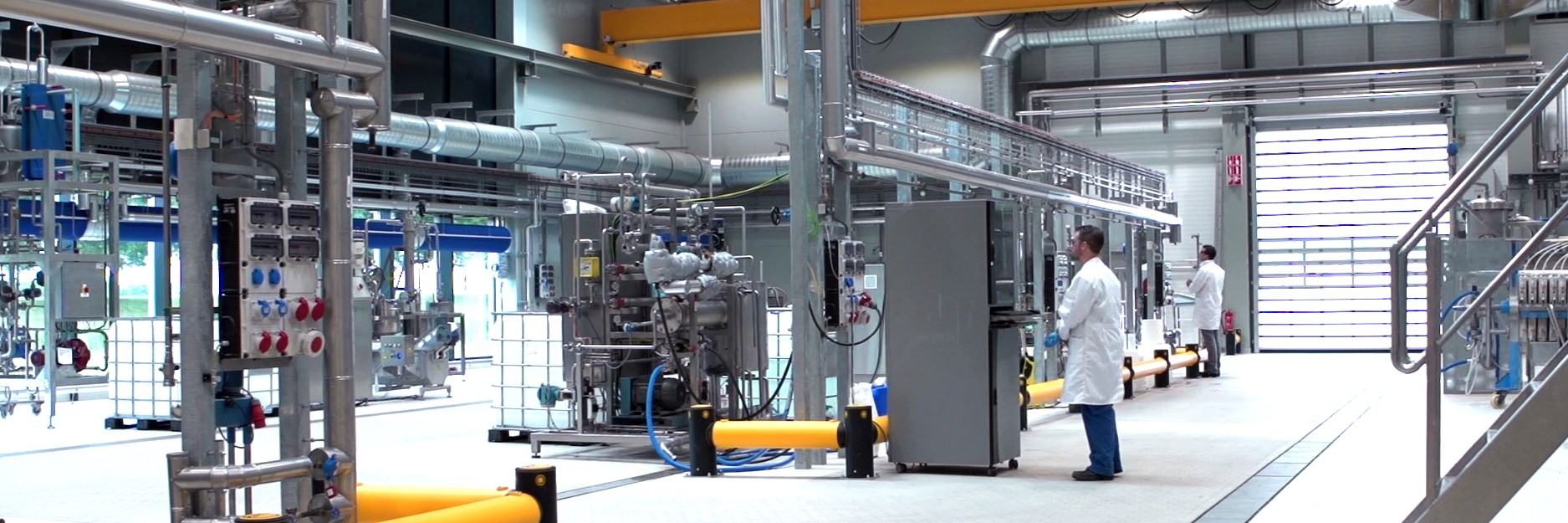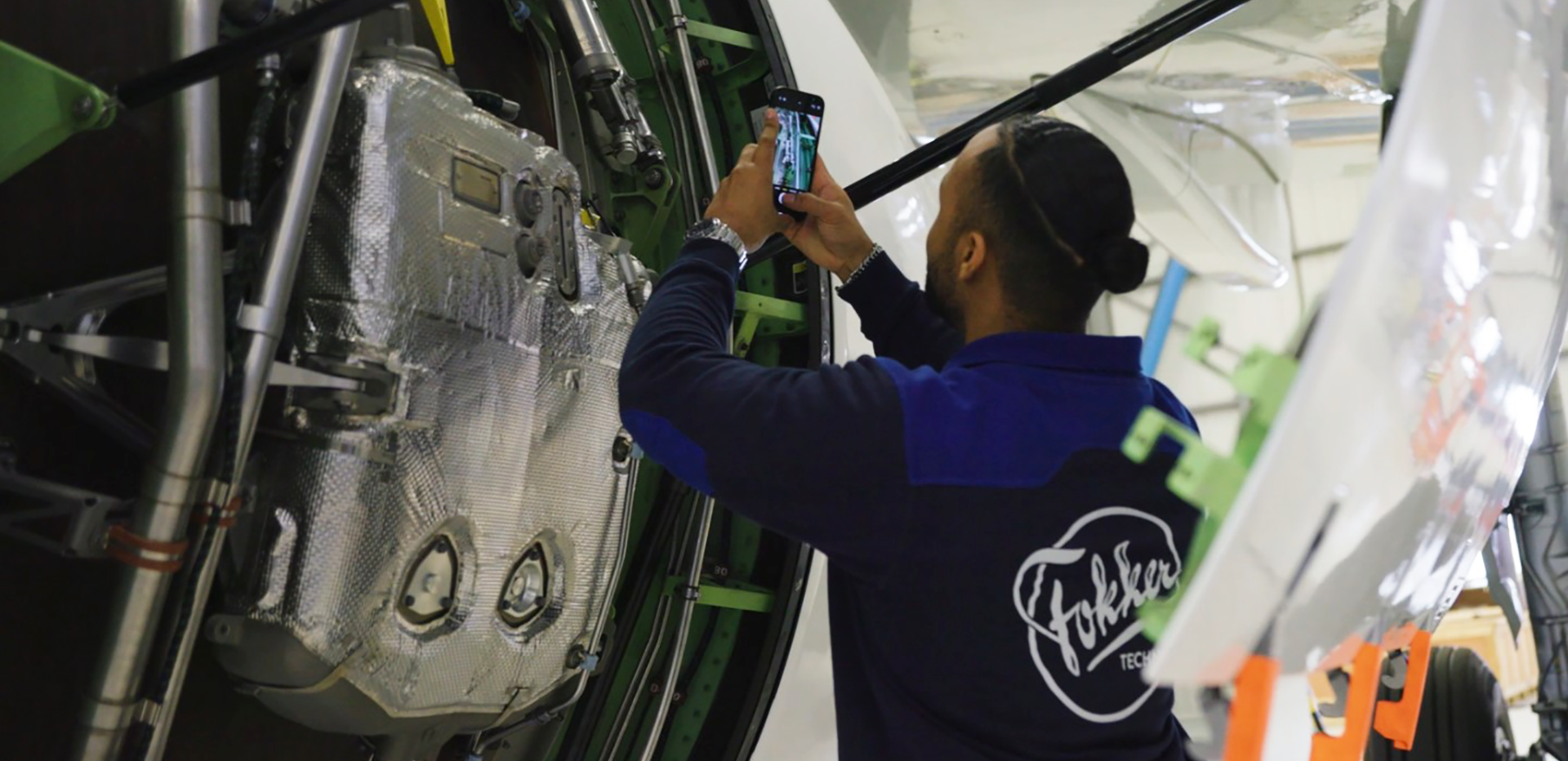How can we effectively and sustainably control weeds on paved surfaces without using chemicals?
Weeds on paved surfaces are a thorn in the side of residents and municipal administrators alike. Until 2016, weed control was done mainly with chemical agents, such as glyphosate. After chemical agents were banned in 2016, however, weed control services in three of the four Saver municipalities have been using hot water in combination with brush machines and brush cutters. This is a less effective, more time consuming and more expensive method of weed control than using glyphosate.
What are we looking for?
We are looking for a sustainable, effective and efficient way to control and manage weeds on pavements.
This can be a mechanical solution, consist of an organic additive to the hot water, or be something entirely different. It is important that the new solution ensures at least the same quality as the current approach, whilst reducing costs by at least 20 percent.
Ideally, the new solution should also offer the following (nice to haves):
- improved quality – up to visual quality level A
- compatible with current machinery and equipment
- additive based on circular waste
- applicable out of season
More information on the issues surrounding weed control can be found in the Grip op onkruid. Stand van zaken onkruidbestrijding Nederland.pdf from January 2021 (Dutch).
What aren’t we looking for?
We are not looking for solutions based on banned substances, or unsustainable solutions that, for example, consume more water and/or energy than the current method.
What’s in it for you?
Applicants proposing a workable solution will be given the opportunity to research their approach and ideas, as well as testing them in practice at the Saver site at Roosdenaal’s Borchwerf, which features modular pavement (clinkers and tiles) (approx. 500 sq.m.).
If the new method works and the pilot is successful, we will offer you the opportunity of a follow-up project and long-term partnership. Because the issue of weed control is common to all municipalities, applicants will have a good opportunity to scale up their new solution and roll it out in the rest of the country too. We are a member of NVRD and Midwaste and will gladly highlight the new method, opening the door to new projects.
How can BioVoice benefit you?
- An innovation contract with a launching customer/partner!
- Funding (€10,000 vouchers, to be spent in the regional ecosystem for e.g. testing, lab and demo facilities, IP consulting, etc.)
- Coaching and counselling
- A stage and free publicity
- Knowledge and contact with experts
- Access to a network of potential partners & customers, resources and research facilities
The BioVoice programme
BioVoice is an initiative of REWIN West-Brabant, Green Chemistry Campus, the joint Rabobanks of Southwest Netherlands and the province of North Brabant. Dockwize, Impuls Zeeland, Centre of Expertise Biobased Economy and Midpoint Brabant have also joined as implementation partners. Together, we want to give innovative entrepreneurs and up-and-coming biobased/circular talents the space and opportunities to develop and market their idea/product, so as to achieve our common goal: accelerating the transition to a sustainable economy.
BioVoice is made possible by financial contributions from the Regional Deal for Central and Western Brabant, the Province of North Brabant, the Province of Zeeland and Rabobank.
Conditions of participation
Currently, we determine where and when work is to be done based on visual quality levels rather than a fixed frequency. The most commonly used visual quality levels are based on Levels A+, A, B, C or D (see CROW.nl). We are looking for a supplier who can guarantee visual quality of at least level B, with any solution also ensuring that weeds growing around obstacles on paved surfaces can be controlled as well.
Applicants can be given access to a pilot zone at the Saver site at Roosdenaal’s Borchwerf, which features modular pavement (clinkers and tiles) (approx. 500 sq.m.).
Trials with the proposed method should take place from March to October. The new method must be at least 20 percent cheaper than the current one.
Should it come to a workable solution, Saver does not want to take on R&D itself, looking instead for a healthy customer/supplier relationship in the event of a wider rollout.
Your pitch (max 6 pages / 18 slides)
- Concept description: Describe your concept in as much detail as possible.
- Pilot description: Please provide a brief description of what it will take to prototype and/or pilot and what you will need from us to do so.
- Team description: Provide a brief description of the company and team that plans to work on the pilot.
There are no formal requirements for the pitch (presentations, slide decks & letters are all allowed), apart from the fact that it must be uploaded as a PDF file (A4, landscape or portrait) with a max. size of 30MB. Videos, example websites and so on can be included as links.
Timeline
- 29 March ’21: Challenge launch – open for applications
- 21 May ’21 – 5:00 pm: Challenge deadline – sign up no later than 5 pm
- 4 June ’21: Longlist announced – A longlist of start-ups/scale-ups that are invited to meet the challengers is announced
- 14-25 June ’21: Digital introduction meetings with challengers & participants + information session about confidentiality and IP
- 2 July ’21: Shortlist announced based on interviews – A shortlist of start-ups/scale-ups that will be given the opportunity to work on an innovation contract is announced
- 5-11 July ’21: Make schedule & working agreements + coordinate NDA if necessary
- 12 July through 6 October ’21: Challenge weeks – sessions with challengers, participants & coaches to arrive at an innovation contract
- 29 September ’21: Apply for vouchers – submit draft innovation contract + apply for vouchers
- 6 October ’21: Vouchers awarded – submit final innovation contract + vouchers are awarded
- 14 October ’21: Match event – celebrating the innovation contracts and partnerships + presentation of vouchers
- 15 October ’21: Start of development & collaboration (pilot)
Questions?
If you have any questions about this challenge, please head to the contact options below. For more information about the challenge programme, click here.
Background information
Saver NV is West Brabant’s regional waste collection, processing and cleaning company that provides services to its shareholding municipalities. as well as to other government bodies, businesses and individuals. Saver is also a director of Stichting De Kringloper, which operates four local charity shops. Saver strives to be a sustainable business and we are always working to improve quality, safety, the environment and its SROI.
Saver was founded in 1999 by the municipalities of Bergen op Zoom, Halderberge, Roosendaal and Woensdrecht, which transferred their own waste management and cleaning duties to this LLC with municipal shareholders, an independent Supervisory Board and an independent Managing Board.
Saver employs about 160 people on a permanent basis and works with people with poor work prospects every day as part of its sheltered employment efforts, as well as deploying 10 to 20 temporary workers every day. Saver’s service area covers more than 88,000 households and its fleet consists of 120 vehicles.
